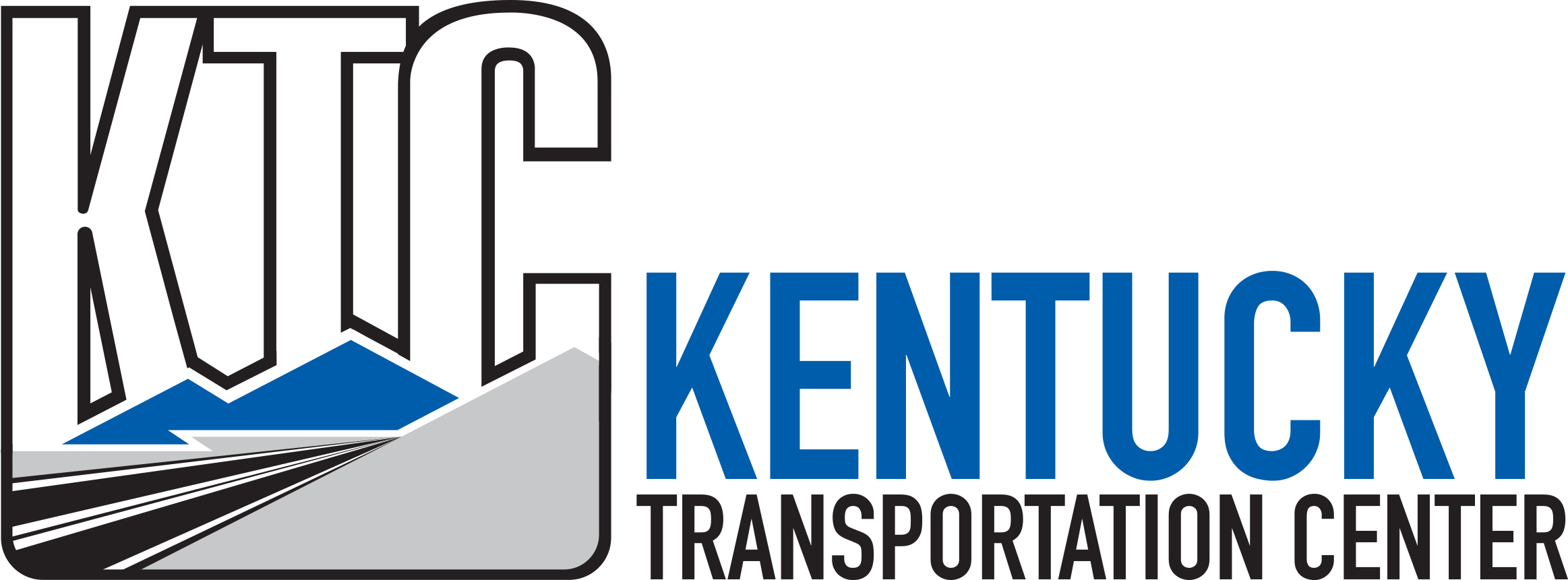Abstract
Jointless bridge designs have become increasingly popular due to their low construction and maintenance costs. But this design carries risks. Most notably, integral end bents can be displaced and undergo settlement due to soil movement in embankments and loads carried by the superstructure. In response, the Kentucky Transportation Cabinet (KYTC) devised a novel treatment for end bent and abutment backfills on low- and middle-span concrete bridges in which elasticized geofoam is placed between geosynthetically confined soil and an integral end bent (GCS-IEB). However, this design requires modification where the elasticized geofoam and overlying pavement meet. Using elasticized geofoam is also costly. In response, this study identifies less expensive substitutes for elasticized geofoam that would not be damaged by bridge movements and which would reduce the settlement of integral end bents. Two promising materials were evaluated whose properties are similar to elasticized geofoam but which cost significantly less — shredded tire chips and recycled tire granules. Using a new lab procedure, researchers evaluated the recoverable deformation and maximum resistant stress of different samples, ultimately identifying a recycled tire derivative that is the best low-cost alternative to elasticized geofoam. Step-by-step installation methods are provided to guide the onsite installation of alternative materials. One method applies to recycled tire derivatives delivered in bags, while the other applies to materials that delivered in bulk and placed into baskets onsite.
Report Date
3-2022
Report Number
KTC-22-03/SPR19-572-1F
Digital Object Identifier
https://doi.org/10.13023/ktc.rr.2022.03
Repository Citation
Sun, Charlie and Beckham, Tony, "Fill Materials at Integral End Bents" (2022). Kentucky Transportation Center Research Report. 1743.
https://uknowledge.uky.edu/ktc_researchreports/1743


